5 Ways To Keep Big Data From Going Bad
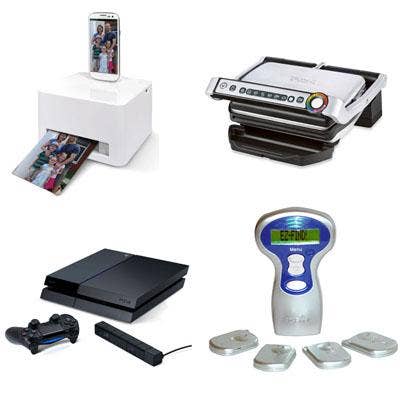
Big Data Benefits Don't Come Risk-Free
While the collection and analysis of troves of data offer potential societal benefits, the public needs to understand the risks it poses on individual privacy and security, said Barton Gellman, a two-time Pulitzer Prize winning author and reporter who is one of three journalists still reviewing National Security Agency documents leaked by Edward Snowden. Gellman and American linguist, philosopher and activist Noam Chomsky spoke about how information can be used to inform and as a tactic to control the public.They were panelists at Engaging Data 2013, a program exploring the benefits and risks of big data projects.
Both men said that shedding light on big data practices will help foster a dialogue about the extent to which big data projects and surveillance become overreaching. The daylong event, sponsored by Senseable City Laboratory at the Massachusetts Institute of Technology, followed with a discussion about what can be done to protect sensitive data and restrain the breadth of surveillance activities fostered by the increased use of technology.
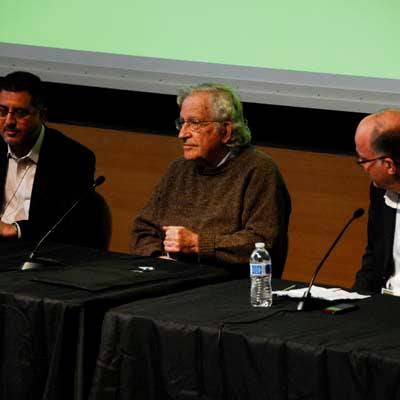
1. Force Experts To Make Data Collection Transparent
Chomsky (middle) said the problem with big data is in having enough subject-matter experts with the ability to properly mine the information for beneficial purposes. A lot of information is available to the public but it often gets filtered out in various ways, and the government may want it that way, Chomsky said.
"Power remains strong when it remains in the dark, exposed to sunlight it begins to evaporate," Chomsky said, repeating the words of conservative political scientist Samuel Huntington. "If we are concerned about surveillance, then we should know that this goes way back; there's a long interesting history that we should know about."
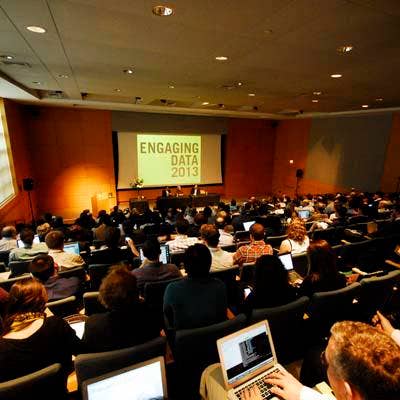
2. Identify The Pros And Cons
It's important to remember the benefits of big data if used properly, Gellman said. Reporters have used data analysis to uncover corruption, unfair practices or mismanagement, Gellman said. For example, a 2011 The Washington Post review of presidential pardons over a 10-year period found that white criminals seeking presidential pardons were nearly four times as likely to succeed as minorities. The disparity shed light on a system conducted almost completely behind closed doors, Gellman said.
The NSA may only be using the call data that it collects for the purpose of fighting terrorism, but the information also could be correlated with other data sources to uncover various activities, Gellman said. "Keeping individual records is exactly what they want to do," Gellman said. "We haven't had serious debate of what the lines should be and how it relates to our founding principles on the idea of a general warrant process."
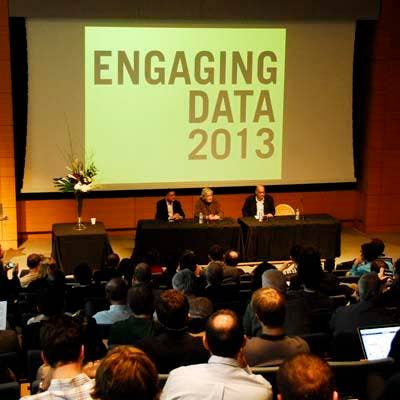
3. Stay Informed
A well-informed public is one of the only ways to prompt serious policy changes that restrict government surveillance activities and the collection of data by businesses, Chomsky said.
The U.S. and other governments have conducted extensive surveillance activities throughout history in an attempt to control the public and sometimes wage misinformation campaigns, he said. He referred to the alleged FBI wiretapping during the establishment of the United Nations in 1945. He also pointed to the Philippine-American War in 1899, calling the American tactics an attempt to control the civilian population from insurrection. The counterinsurgency tactics were later used against Americans in Woodrow Wilson's Red Scare and continue to this day, Chomsky said.
"I was surprised by the scale, but not surprised that it was happening," Chomsky said. "Manning, Snowden and Assange are performing the duty of honest citizens to bring to the public an understanding of this activity."
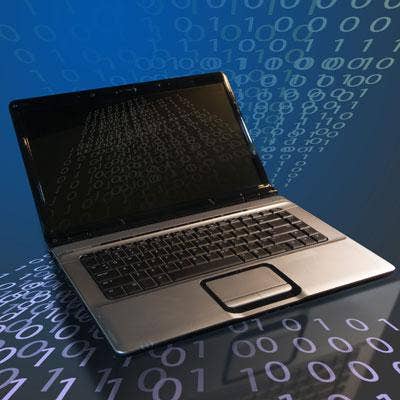
4. Encrypt Any Data That Has To Stay Private
Gellman said he uses laptop encryption, a secure VPN, and secure messaging to speak with sources. Businesses and individuals serious about keeping data secure should be using strong encryption, say experts. The AES-256 standard is the most widely used encryption method. Security experts say businesses and individuals should ensure that they are in full control of the private encryption keys being used, not stored with a cloud provider. Gellman said he uses full-disk encryption.
"I've been on a conservative or overly concerned side for some years now," Gellman said. "I do not want to make it easy for anyone, including my editors, to have unhampered access to my notes."
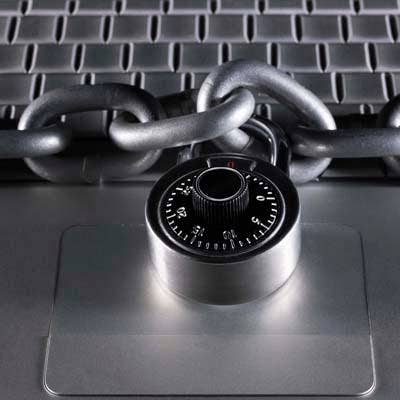
5. Make Security-Minded Technology Choices
Gellman said that since many of his sources are in sensitive positions, having a computer that is completely off the grid is essential to ensure that it doesn't contain malware that can eavesdrop on his activities. He keeps a computer locked in a safe and has a system in total isolation, air-gapped electronically and physically from other networks in an attempt to keep it secure. "The computer will never use the Net," he said.
These security measures may help protect against probes, but even simpler measures can help improve security, say experts. Using a password-management program can help establish stronger passwords to systems and online services. Other experts say it's not a bad idea to use a Linux system when conducting financial transactions to thwart the attempts of data thieves. Financially motivated cybercriminals also would have more difficulty targeting account credentials used in a virtual instance of Linux on a Windows system.